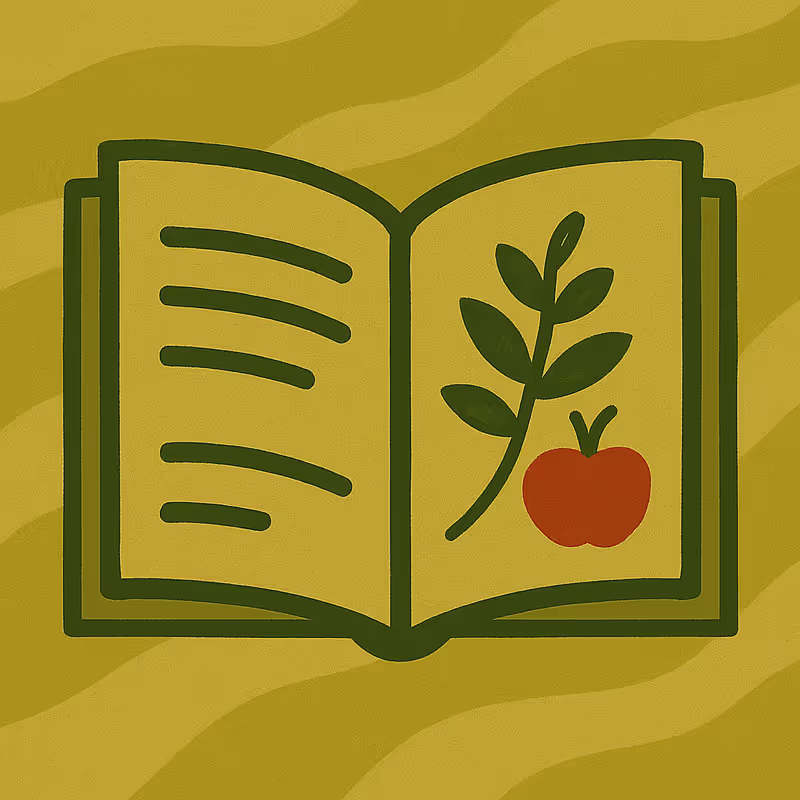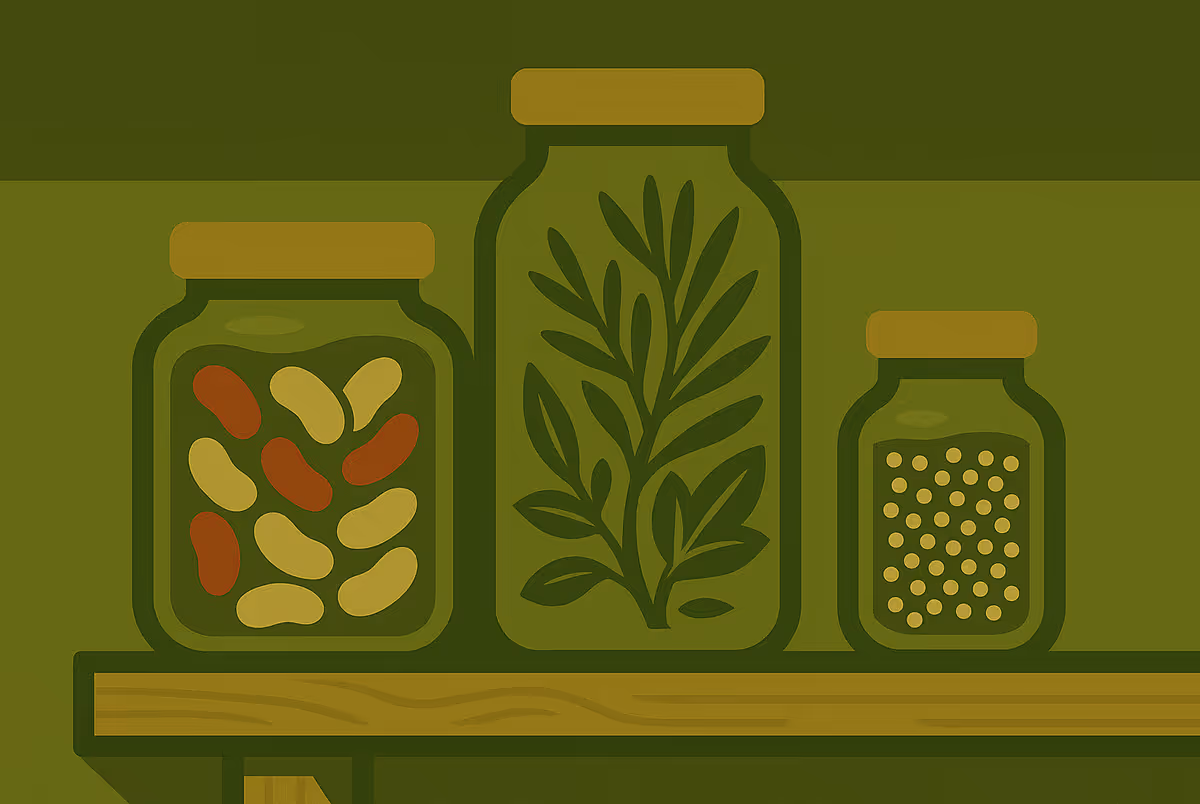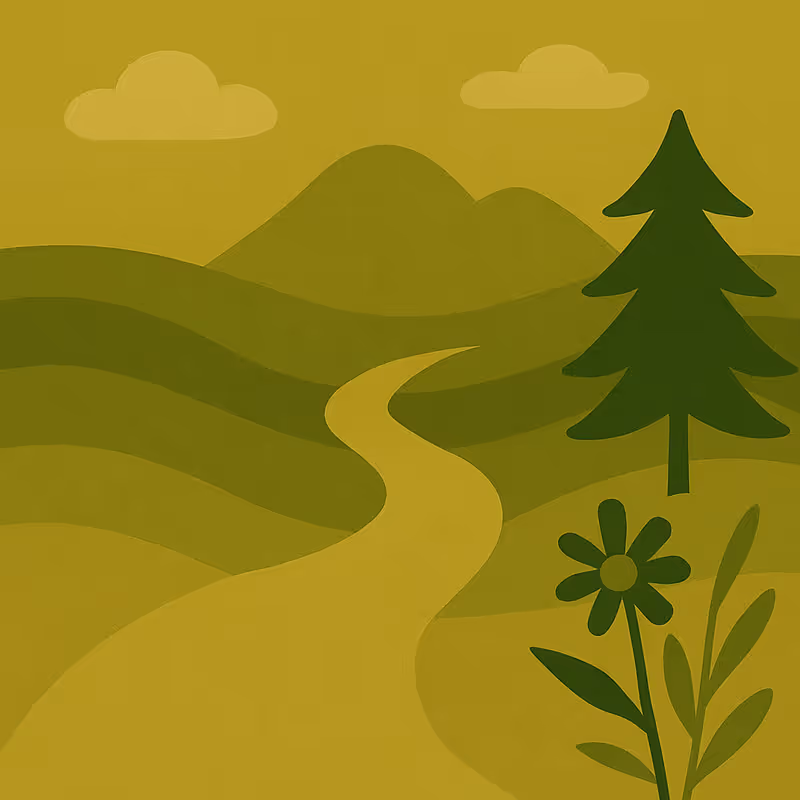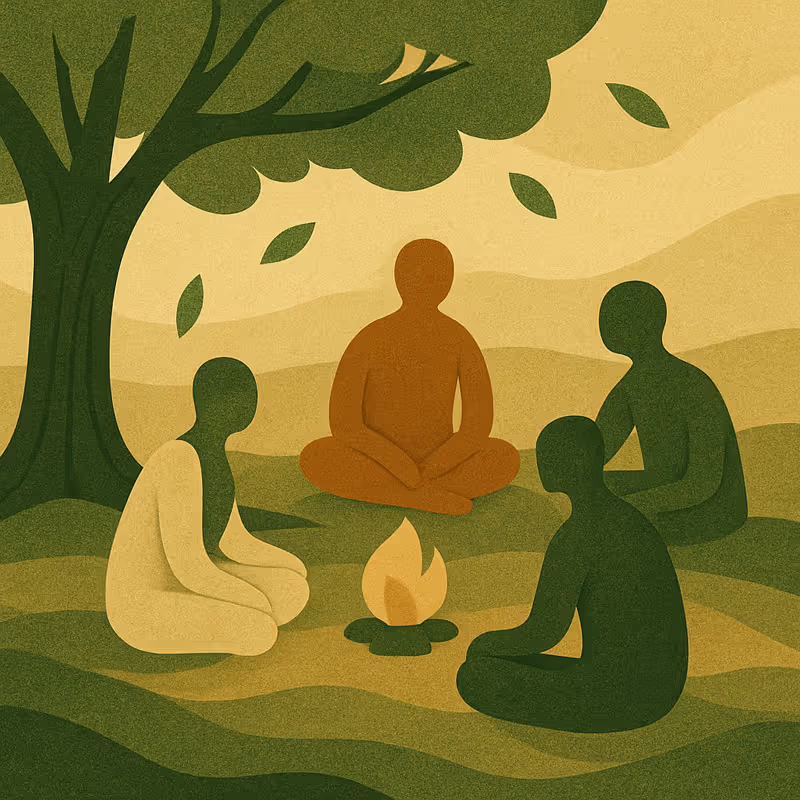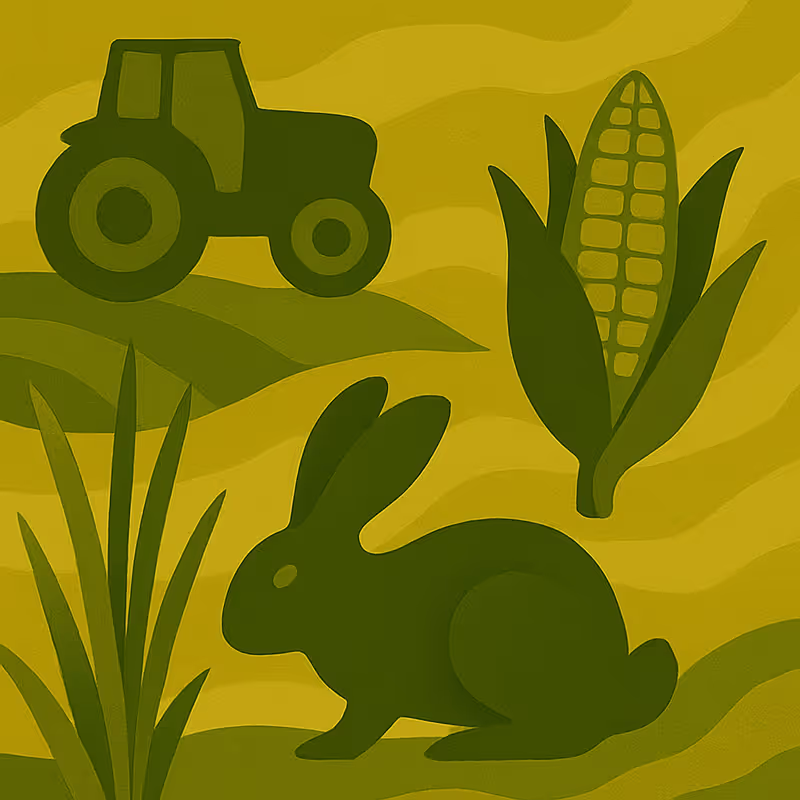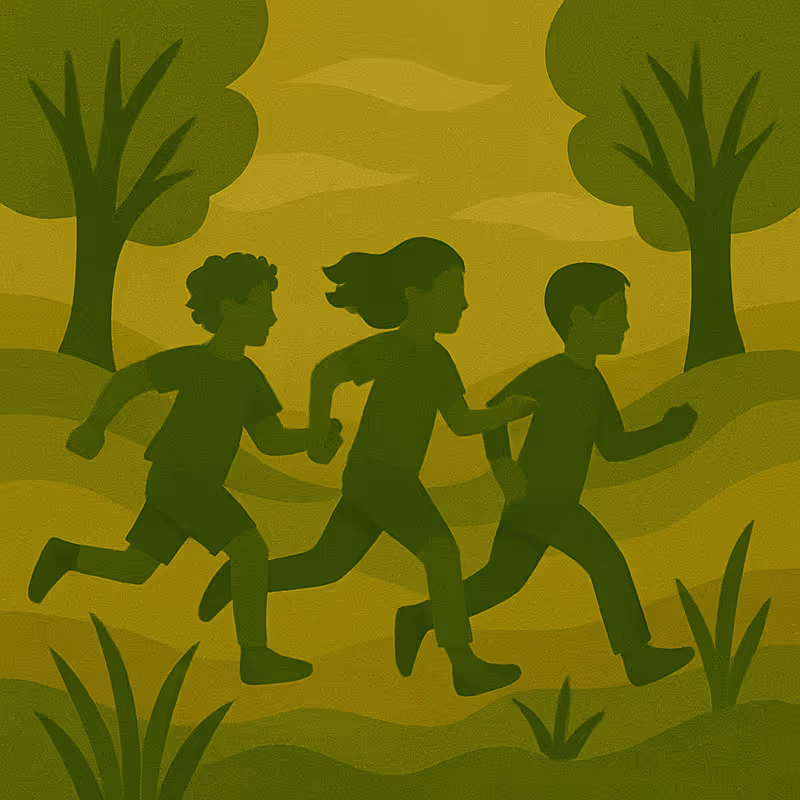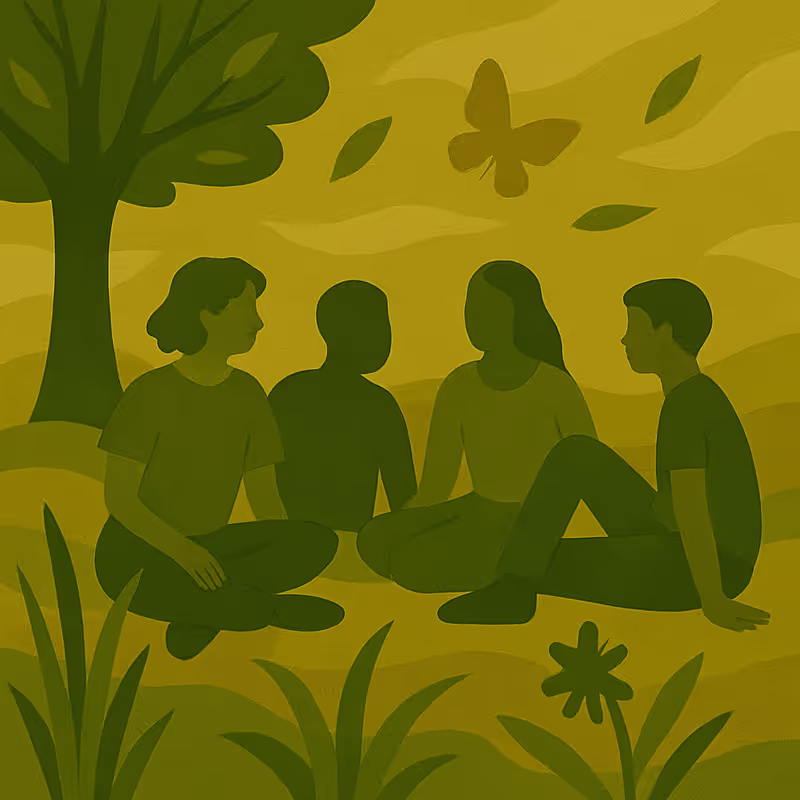When we teach about food, we are teaching about our own place in the web of life. As educators, you can sow the seeds of growing, eating, and sharing food with gratitude and joy.
Here are some ideas of actions that might help you and your students rediscover food as something relational, and worth protecting.
6.1
Personal reflection and growth
- Take a moment to express your gratitude before or after meals, alone and with students and family. Is this part of your culture, and if yes, can you help ensure that these practices are preserved?
- Look out for foods and recipes that are seasonal and local.
- Grow your own food, even if it’s in a small pot in your flat. Choose organic seeds / plants and earth, for your own health and for biodiversity. Try to grow something from seed to seed: sow the seed, transplant the seedling into a bigger pot or outdoors, wait for it to produce a flower or a fruit that you can harvest to collect new seeds. Radishes, cherry tomatoes, dill are some examples that are not too difficult to grow, even in a pot indoors.
- Reduce your food waste by planning your meals and sharing or repurposing leftovers.
- Learn the stories behind the food you consume. These could relate to migration, labour, land struggles or environmental degradation. You can start from the Environmental Justice Atlas. In the ‘Filter’ menu, select ‘Commodity’, then ‘=’ and (e.g.) ‘Fruits and Vegetables’, ‘Coffee’, ‘Fish’. You will see case studies from around the world of what happens before these foods land on our shelves.
6.2
Community engagement and cultural change
- School or community gardens are wonderful places to learn about food, biodiversity, and connect with others. Check the Royal Horticultural Society’s section on School gardening – you will find all the guidance you need to start and take care of a school garden. Check if community gardens exist where you live, and how you can join.
- Create a Cookbook to find, revive and celebrate local recipes and plant varieties, with students and colleagues. You will find all the instructions here. Check out the Cookbook realised by ESSRG in the PLANET4B project, using unusual and rare plants here!
- Organise meals, cooking days, or food fairs at school that promote local or students’ diverse cultural heritages, seasonal ingredients, and traditional knowledge.
- Engage students in finding out where food is grown, when it is grown, who grows it, and how far it travels. For example, you could ask students to examine two case studies from the Environmental Justice Atlas relating to a food crop of their choice and present their findings to the rest of the class through a presentation, or in another, more creative way.
6.3
Collective action and institutional change
- Make the case for school or university meals that are plant-based, using local and seasonal ingredients, and for ambitious sustainability university procurement practices.
- Advocate for your university to divest from companies involved in harmful practices for nature and people.
- Make the case for school or university gardening practices that are biodiversity-friendly.
- Support the improvement of national and international seed laws, like the EU Seed Regulation, to protect the right of small-scale farmers and gardeners to save and share open-pollinated seeds.
- Support laws and policies that ensure fair access to land, protect Indigenous territories, and strengthen the rights of smallholder farmers. Fair land distribution is essential for food sovereignty, biodiversity, and cultural survival.
- Support the improvement of the EU’s Common Agricultural Policy (CAP) and of global trade rules to regulate harmful practices, such as the use of chemical pesticides and fertilisers, and that encourage agroecology, organic farming, and smallholder agriculture.
- Join local organisations working for food access, land rights, workers’ rights and peasant justice.



